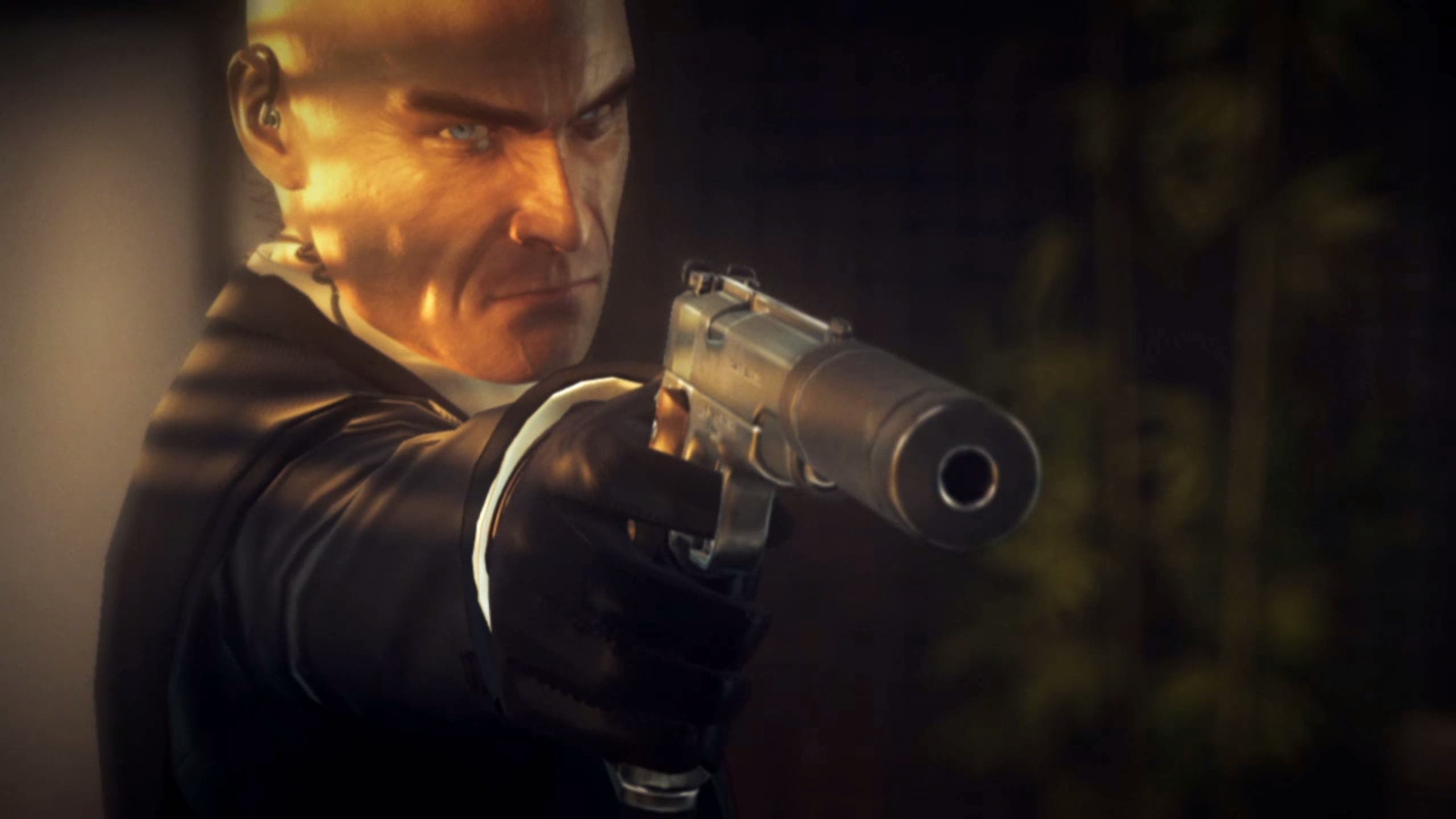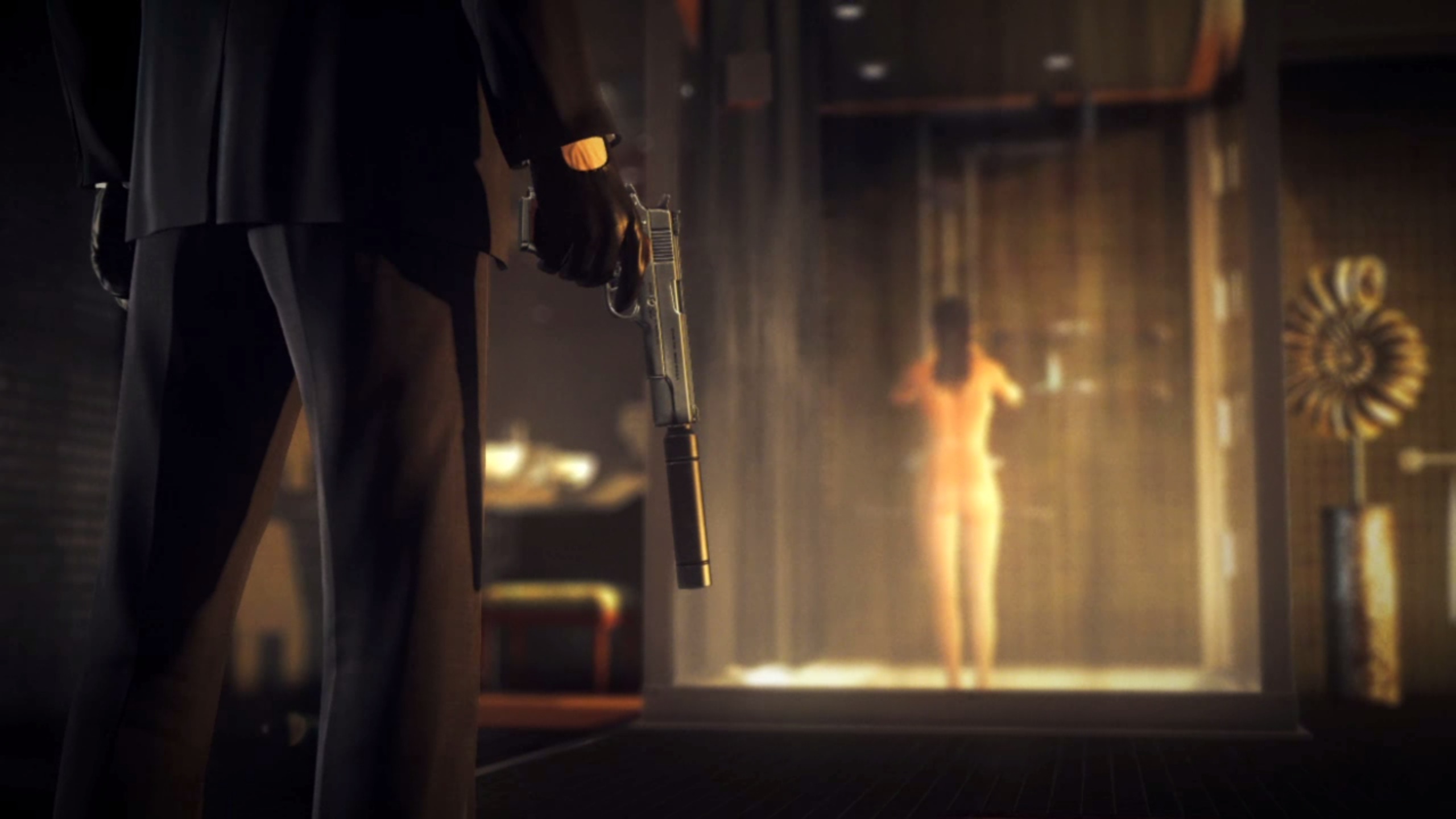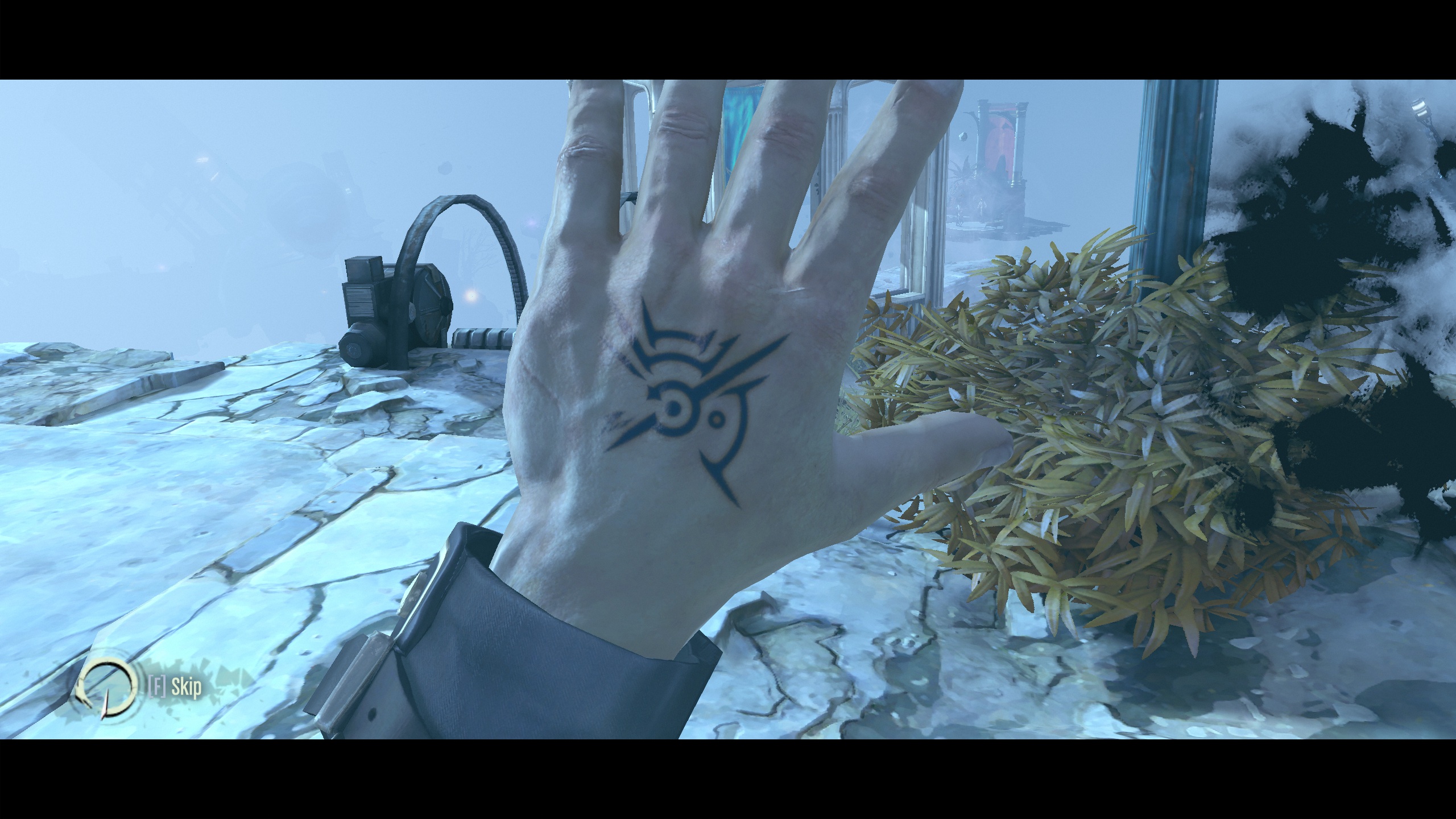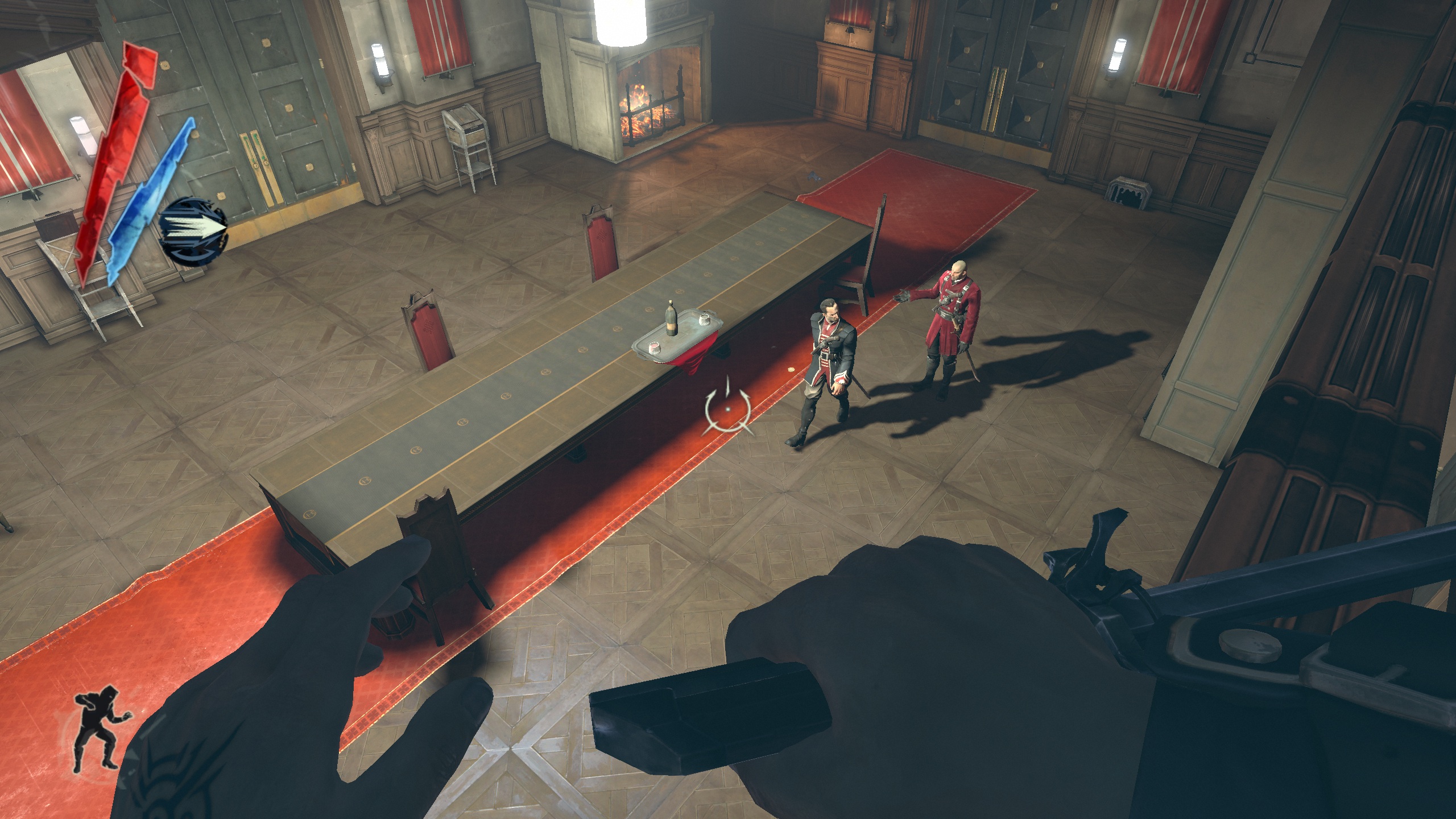Confession time, once again: I have spent precious little time in any of the Hitman titles. Before Absolution, my knowledge of the Hitman series was limited to something about a professional contract killer with a barcode on the back of his head that read 47, with various ways of eliminating targets via use of disguises, varied weaponry and accident kills.
Going into Hitman Absolution, I was excited to play the latest Hitman title. Maybe this would be the one that sucked me right into the Hitman universe, prompting me to go back and play some of the older games in the series, just to see where Hitman Absolution got its roots from.
And as I played through Absolution, it did give me that feeling that I needed to play the previous titles — but for all the wrong reasons. As it stands, I’m not entirely sure whether I liked Absolution or not. You can have fun, but it’s few and far between, and even then, you have to look pretty hard for it.
Which is a great shame, as Absolution has a great start: as a player, you’re quickly caught up with what happened in the previous game(s), and learn that your former handler from the Agency has gone rogue and taken a valuable Agency asset with her. As an Agent, you’re tasked with eliminating your former handler and recovering the asset, which is what I assume to be pretty standard fare for Hitman games thus far. But things take a turn just when you’re pulling the trigger on your former handler: you begin to question why she went rogue in the first place. Quite convenient, really, and it’s all very cinematic, very tense, and plays out quite well. After hearing her side of the story, you decide to go rogue yourself — you acquire the asset, who turns out to be this (let’s face it, somewhat attractive) young girl, and go into hiding — from the Agency, who now have a serious problem on their hands.
What follows next, story-wise, is a competent, if slightly bland, story based on Agent 47 finding out why this agency asset is so valuable; you taking back the Agency asset from those that have taken her, and finally, you eliminating the main villians (and, of course, anyone else that gets in your way). If you follow along with the story the whole way though, you’ll realise that it’s a little shallow; the game revolves around this agency asset a little too much in my opinion, and doesn’t spend enough time exploring the Agency side of things, or any other side stories. And maybe that’s just my perspective, given Absolution is the first Hitman game I’ve played, but the fact that the story itself is a little ho-hum is okay, because I wasn’t really expecting anything spectacular from what was supposed to be a gameplay-focused game, a game that truly excelled in the gameplay.
Which is disappointing on so many levels, because Absolution falls flat on its face in the gameplay stakes.



